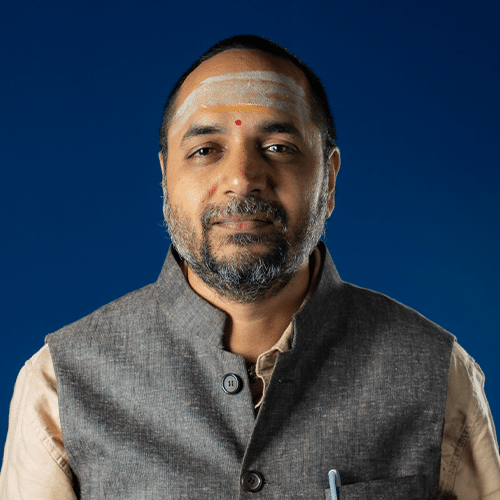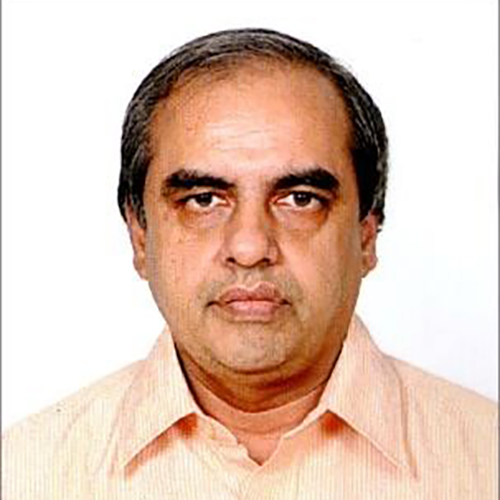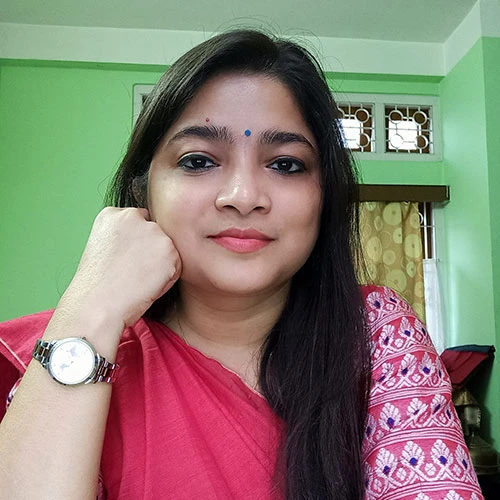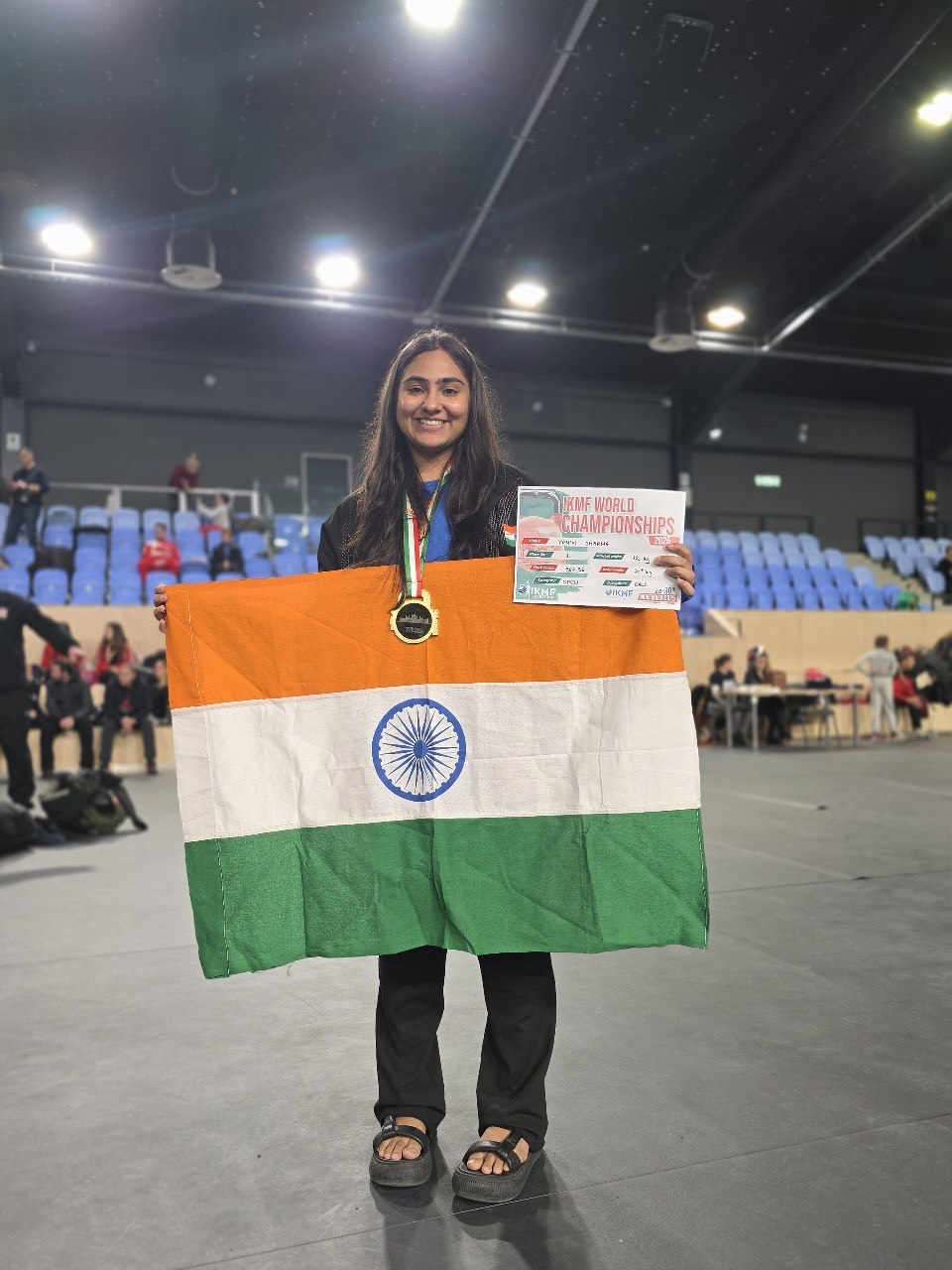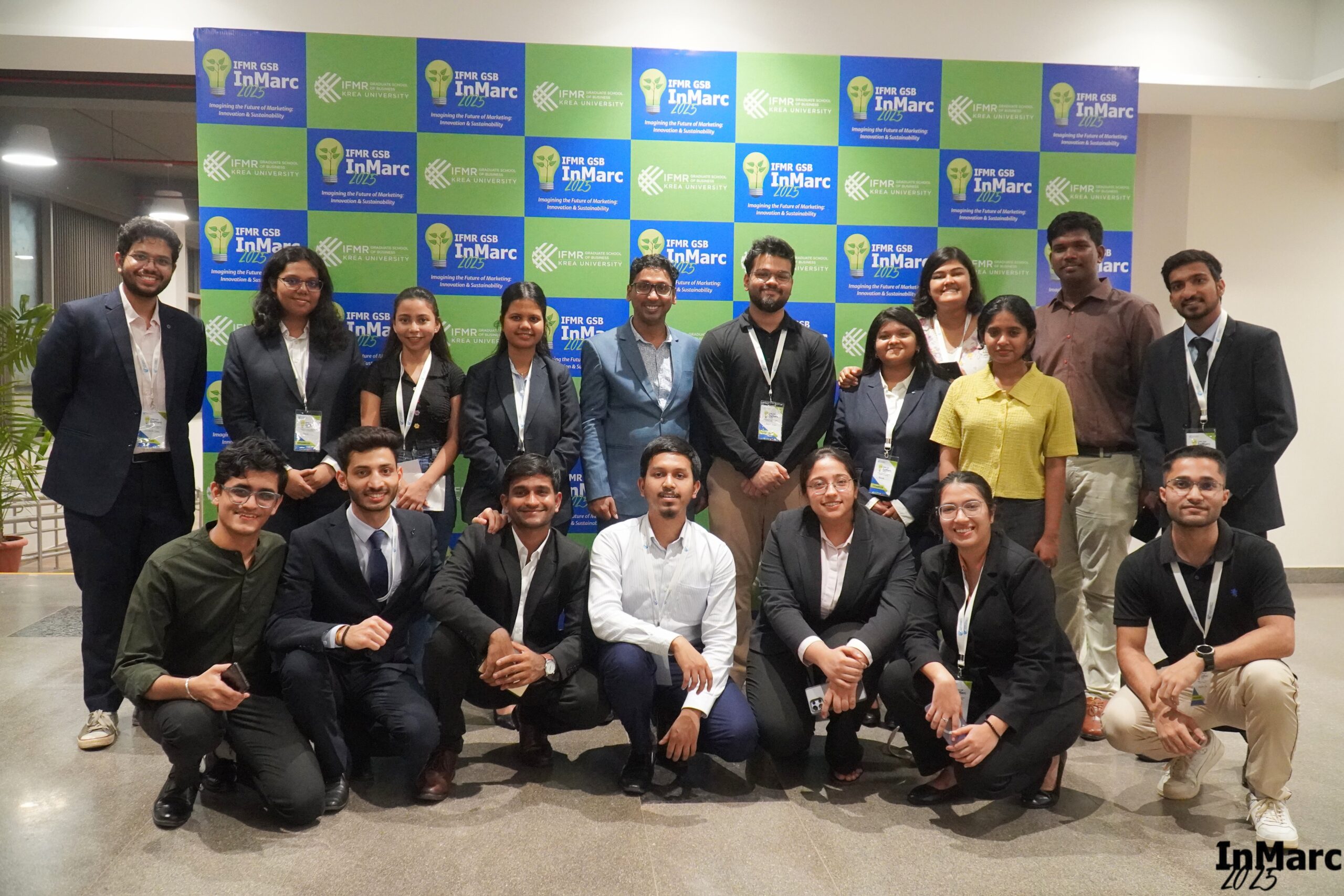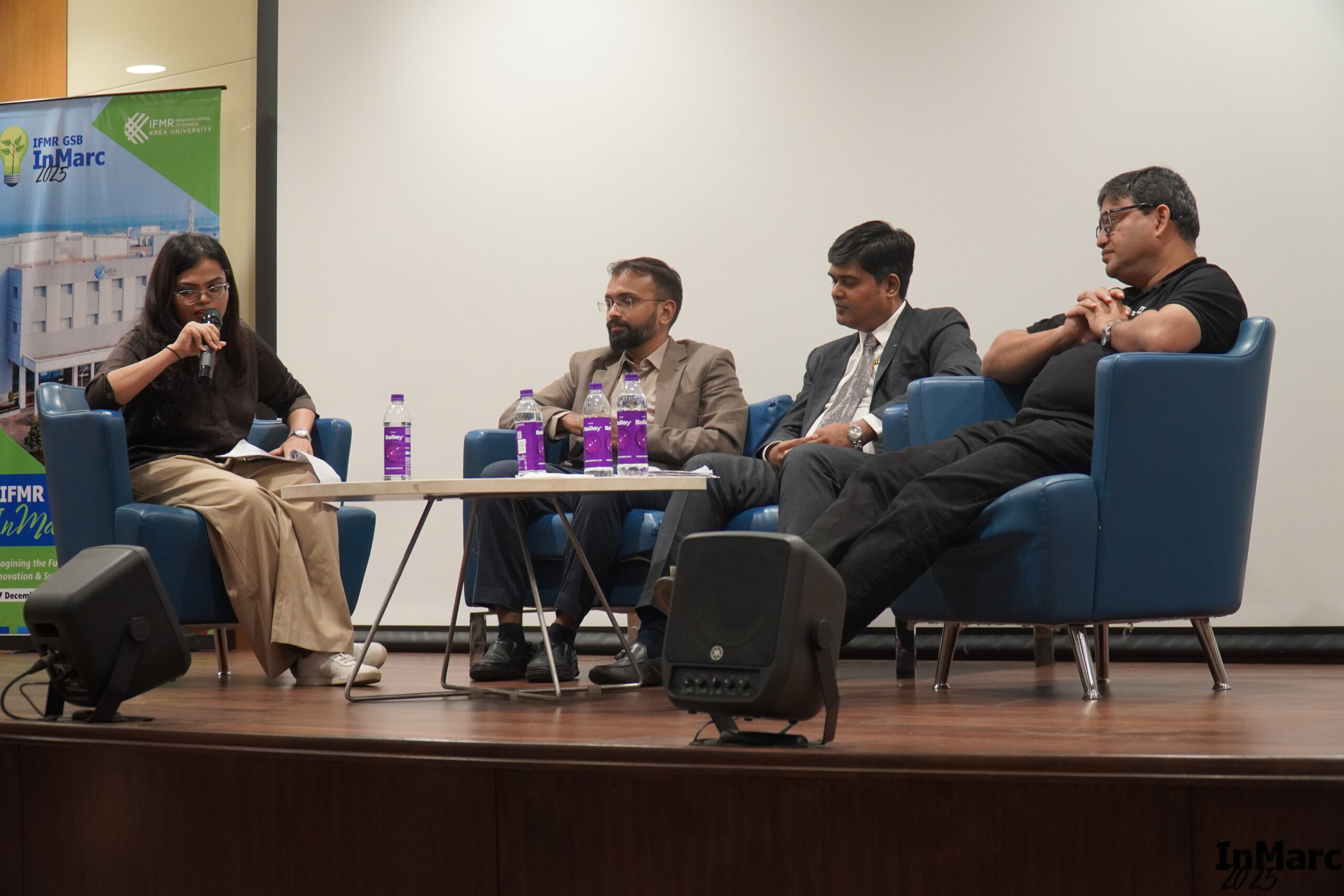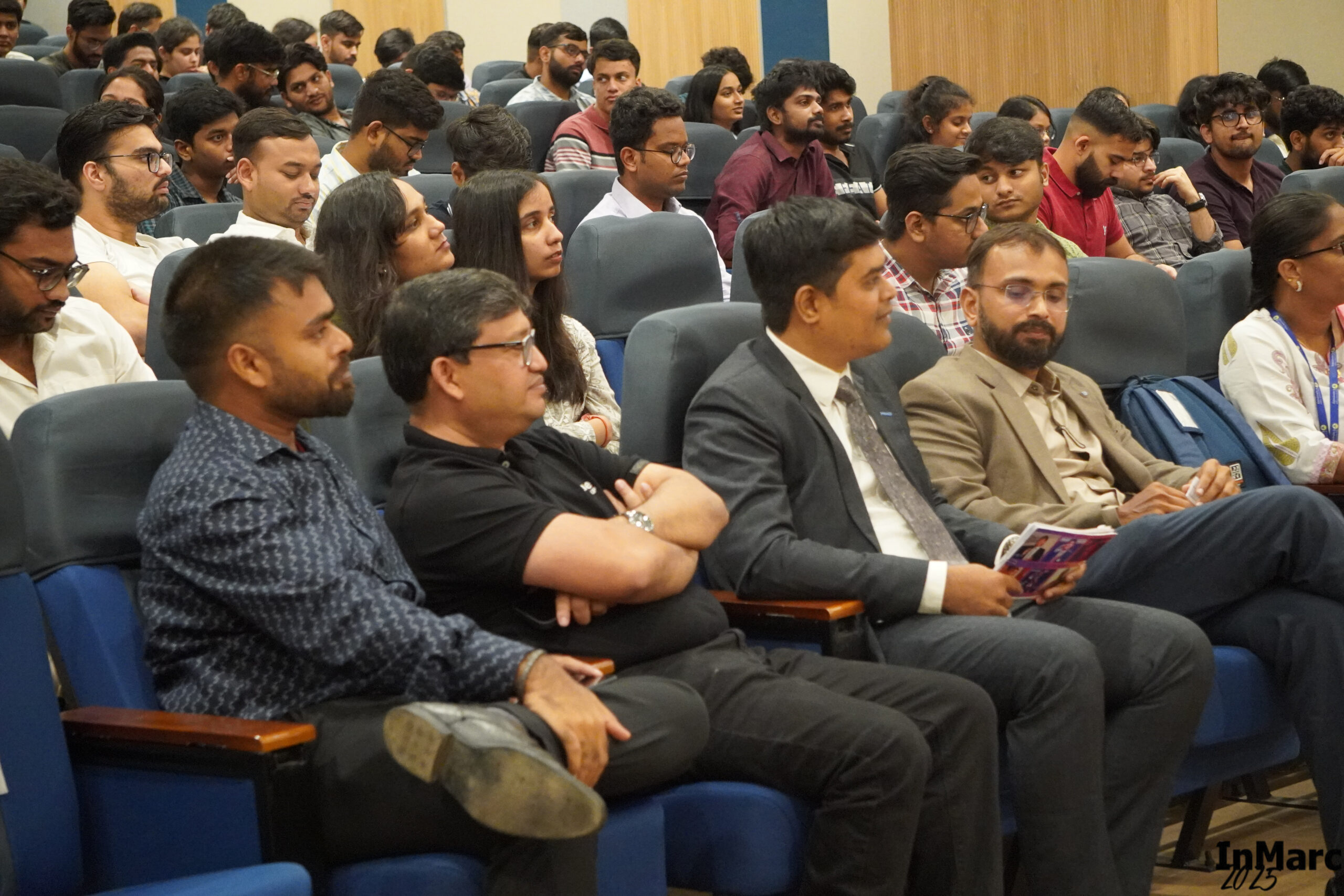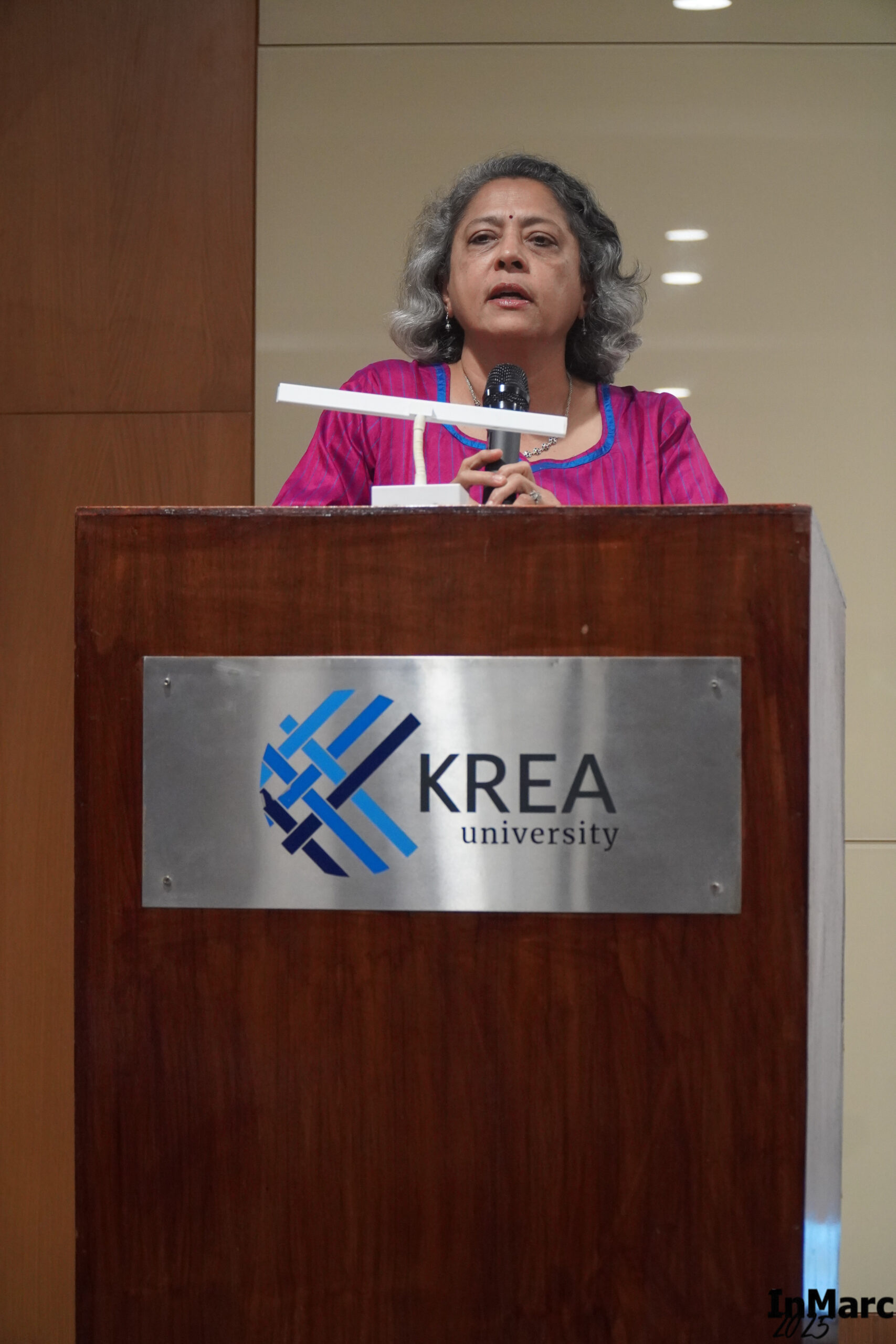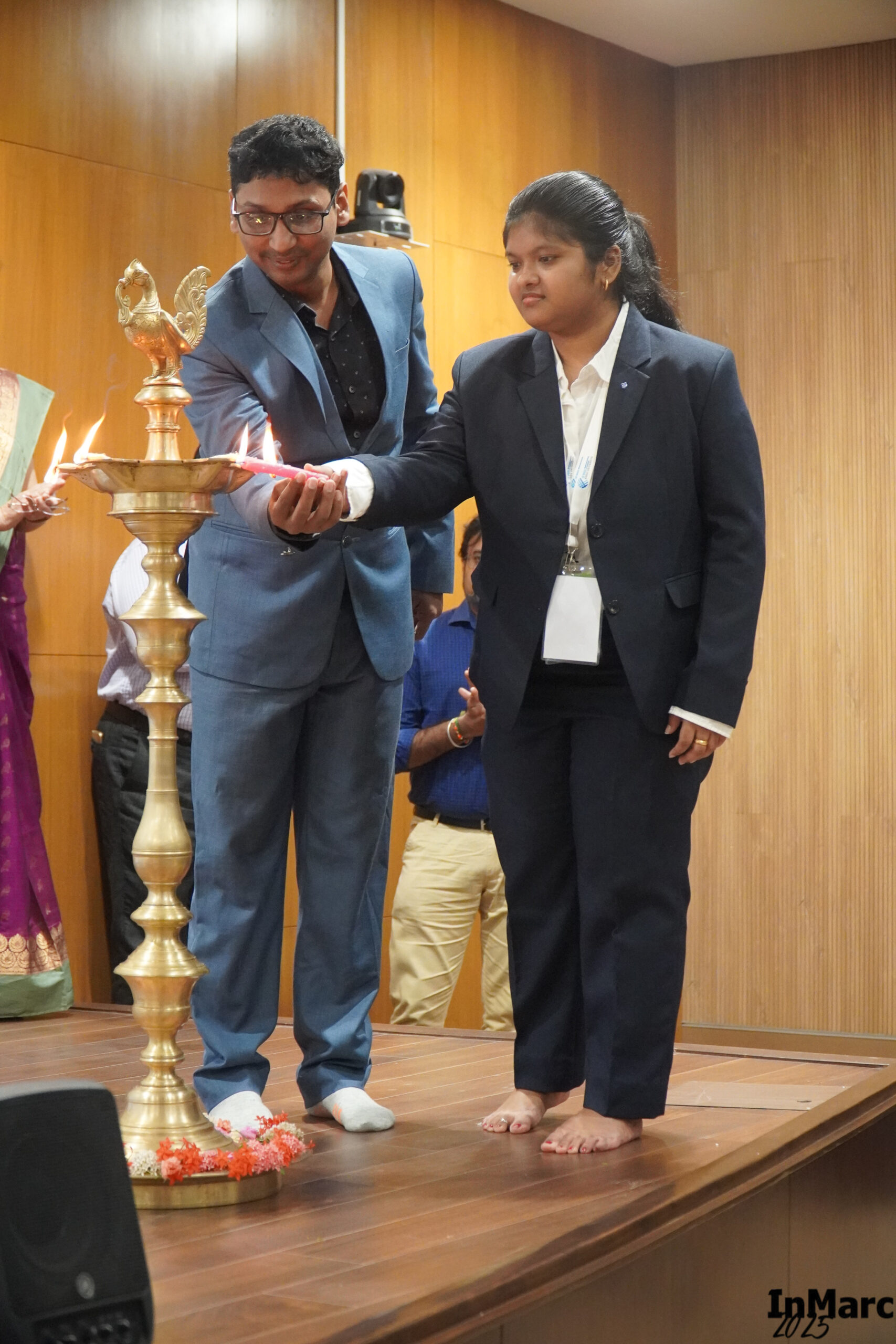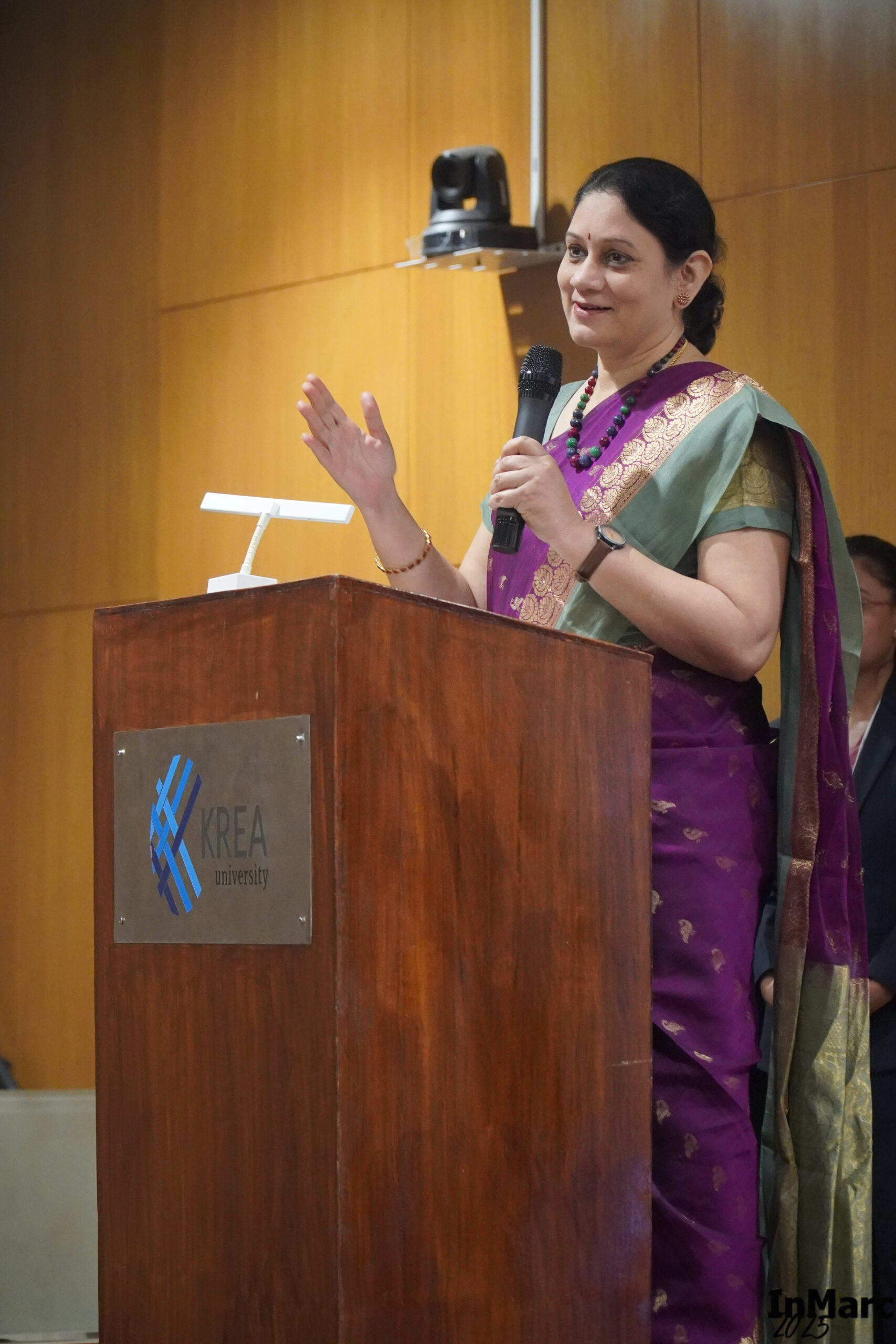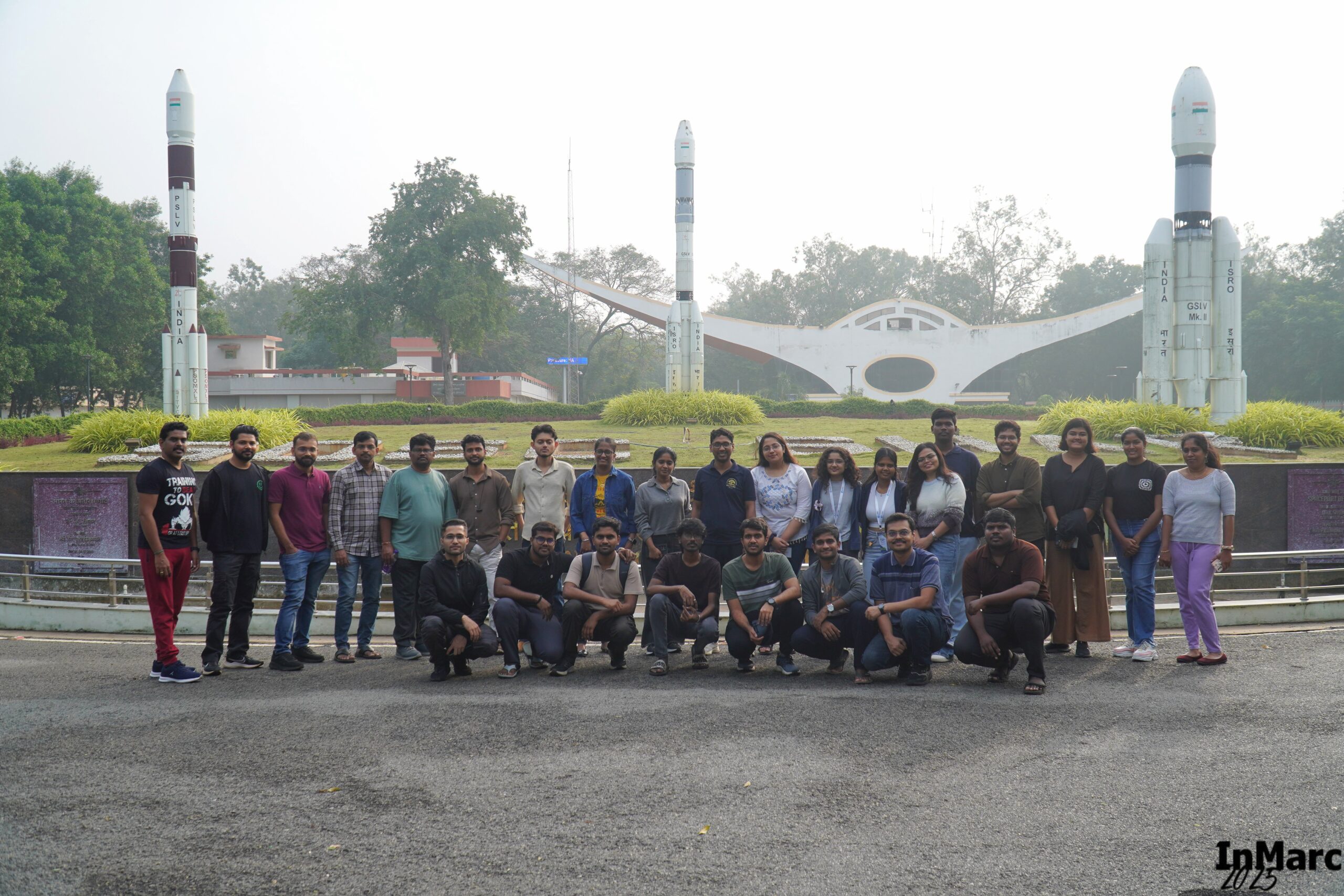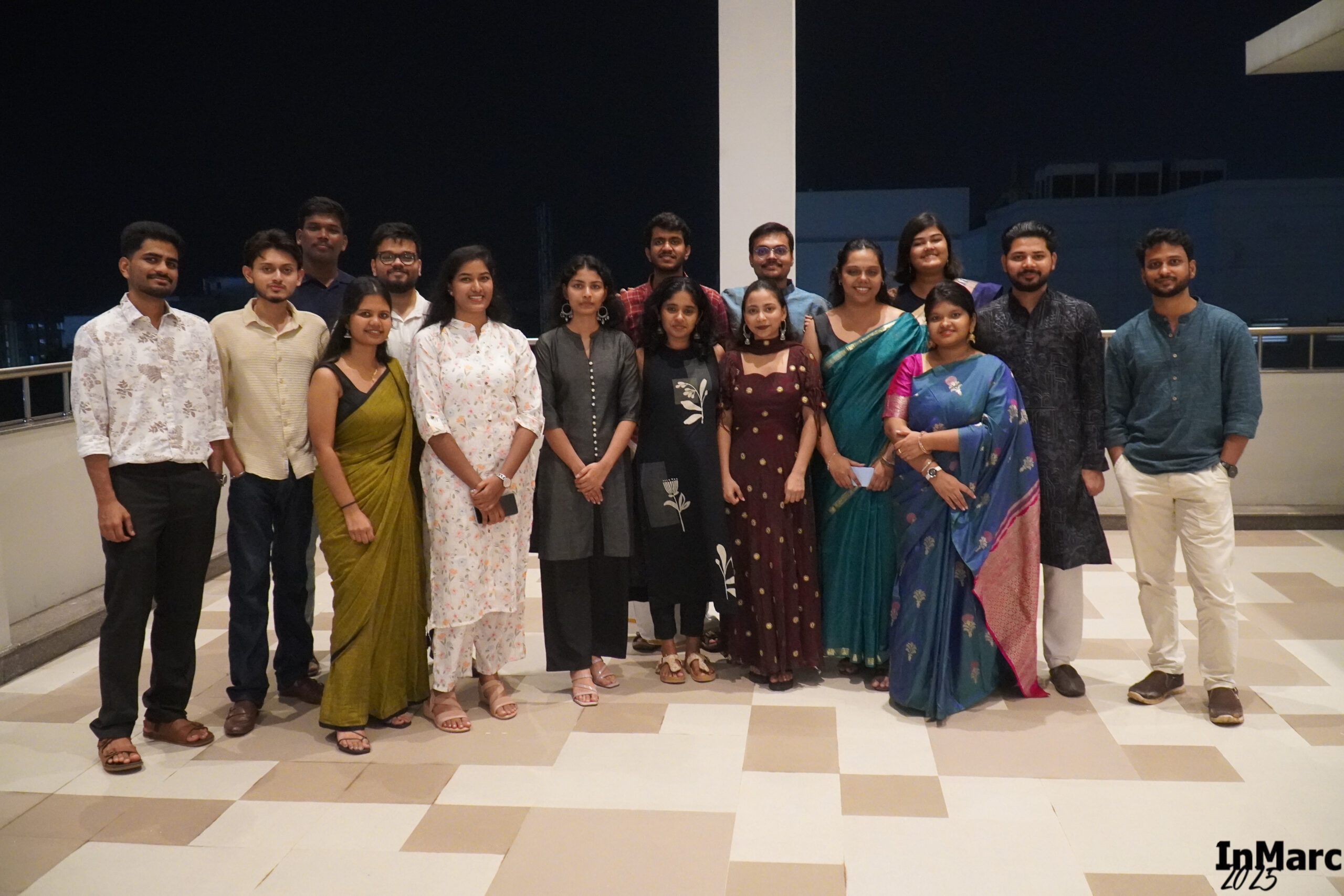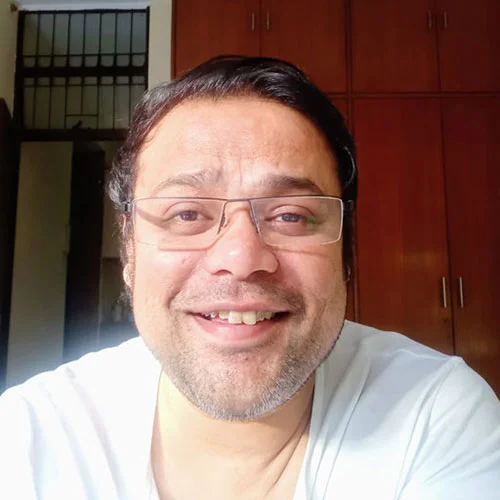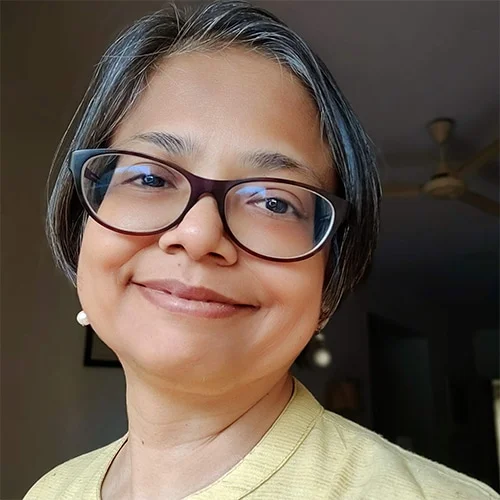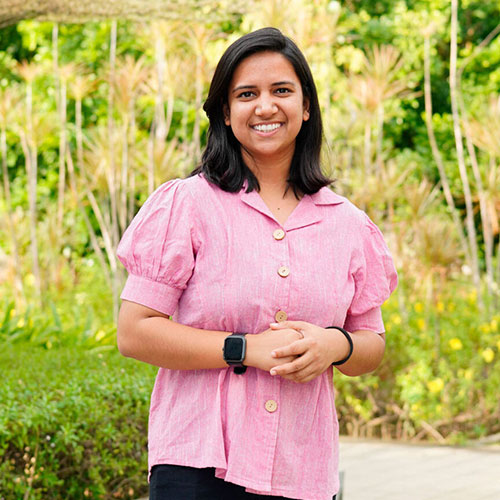The InMarc 2025, an international marketing conference organised by the Area of Marketing at IFMR Graduate School of Business (GSB), Krea University, was successfully held from 5 to 7 December 2025 at the Krea University campus. Centered on the theme ‘Imagining the Future of Marketing: Innovation and Sustainability,’ the three-day conference provided a vibrant platform for scholarly exchange and industry engagement.
The conference featured 11 thematic tracks, encompassing key and emerging areas of marketing research, and hosted 17 academic sessions with a total of 85 research paper presentations by scholars, researchers, and doctoral students.
InMarc 2025 included keynote addresses by distinguished academicians across the globe, who offered valuable insights into future research directions, ethical considerations, and publishing in high-impact journals. These sessions were particularly beneficial for early-career researchers and doctoral scholars. Another major highlight of the conference was the industry panel discussion, which brought together experienced industry professionals to share practical perspectives on innovation-led growth, sustainable marketing strategies, and responsible decision-making in contemporary markets. The panel reinforced the importance of bridging academic research with real-world practice.
The conference provided a platform for research presentations, encouraging constructive feedback and mentoring interactions. The enthusiastic participation of faculty members, researchers, and students contributed to a dynamic and intellectually stimulating environment throughout the event.
The Gala Dinner and the visit to Pulicat Lake and Sriharikota provided valuable networking opportunities, enabling participants to engage in collegial interactions, foster collaborations, and exchange ideas beyond formal academic sessions
Through its emphasis on innovation, sustainability, and ethical marketing, InMarc 2025 reaffirmed IFMR GSB, Krea University’s commitment to advancing impactful and responsible marketing scholarship. The organising team expressed gratitude to all speakers, reviewers, participants, and collaborators for their valuable contributions and looks forward to building on this momentum in future editions of InMarc.
